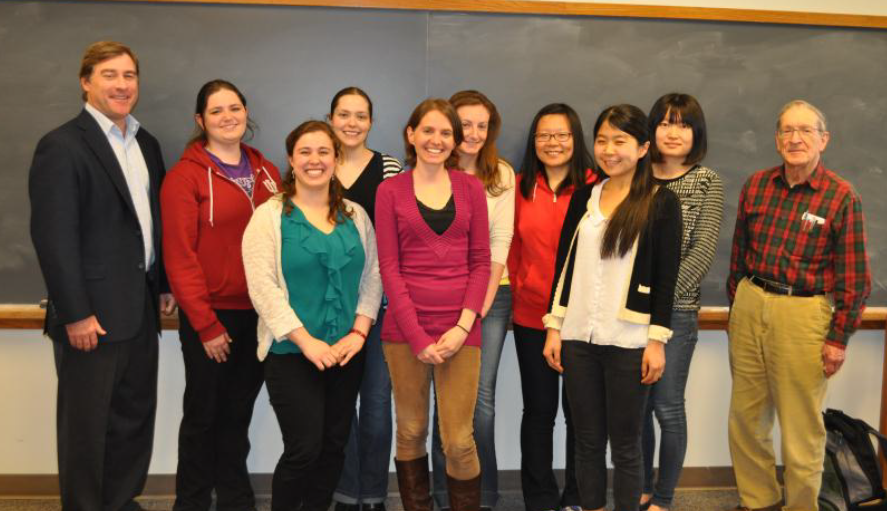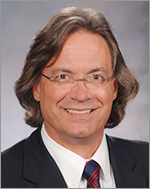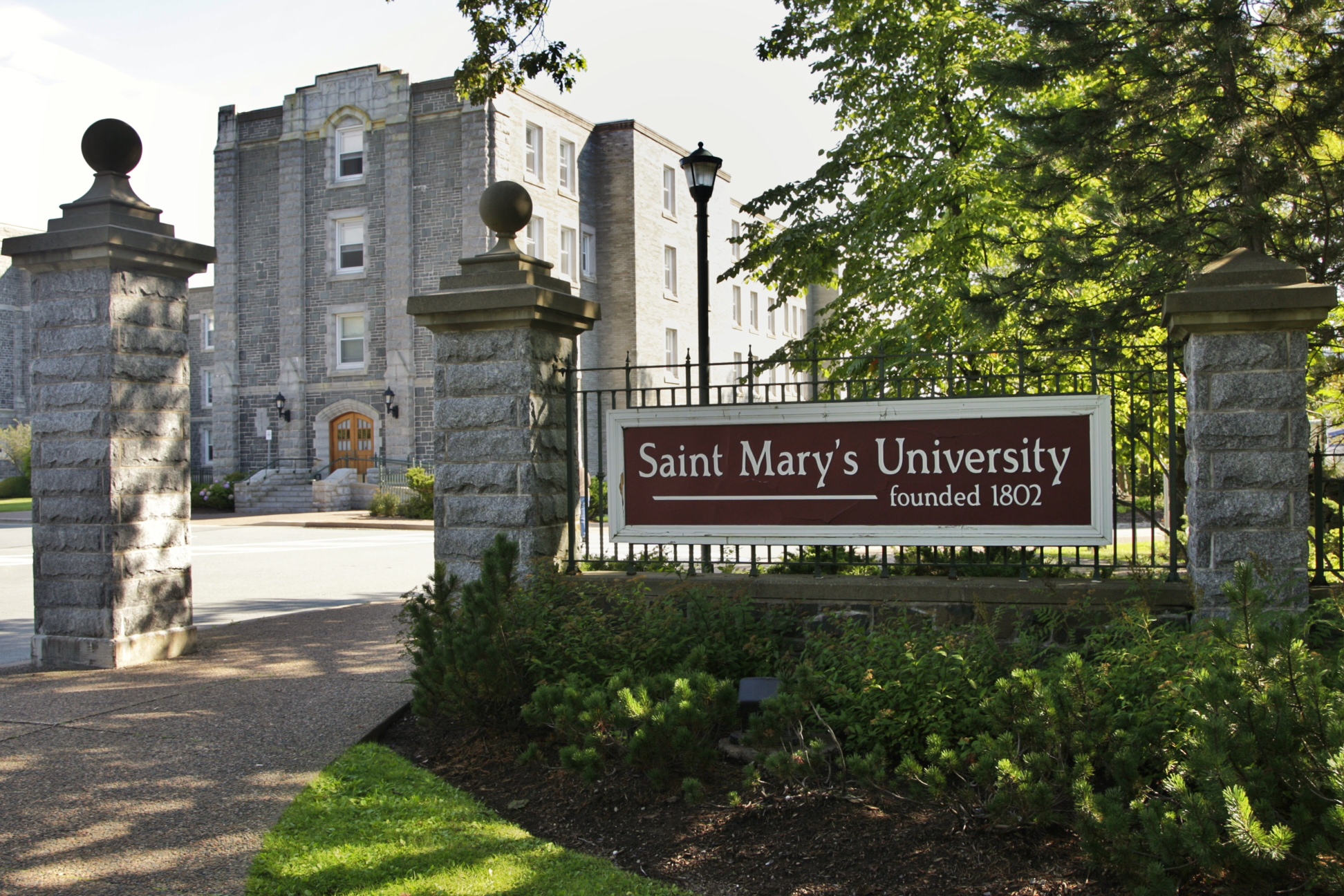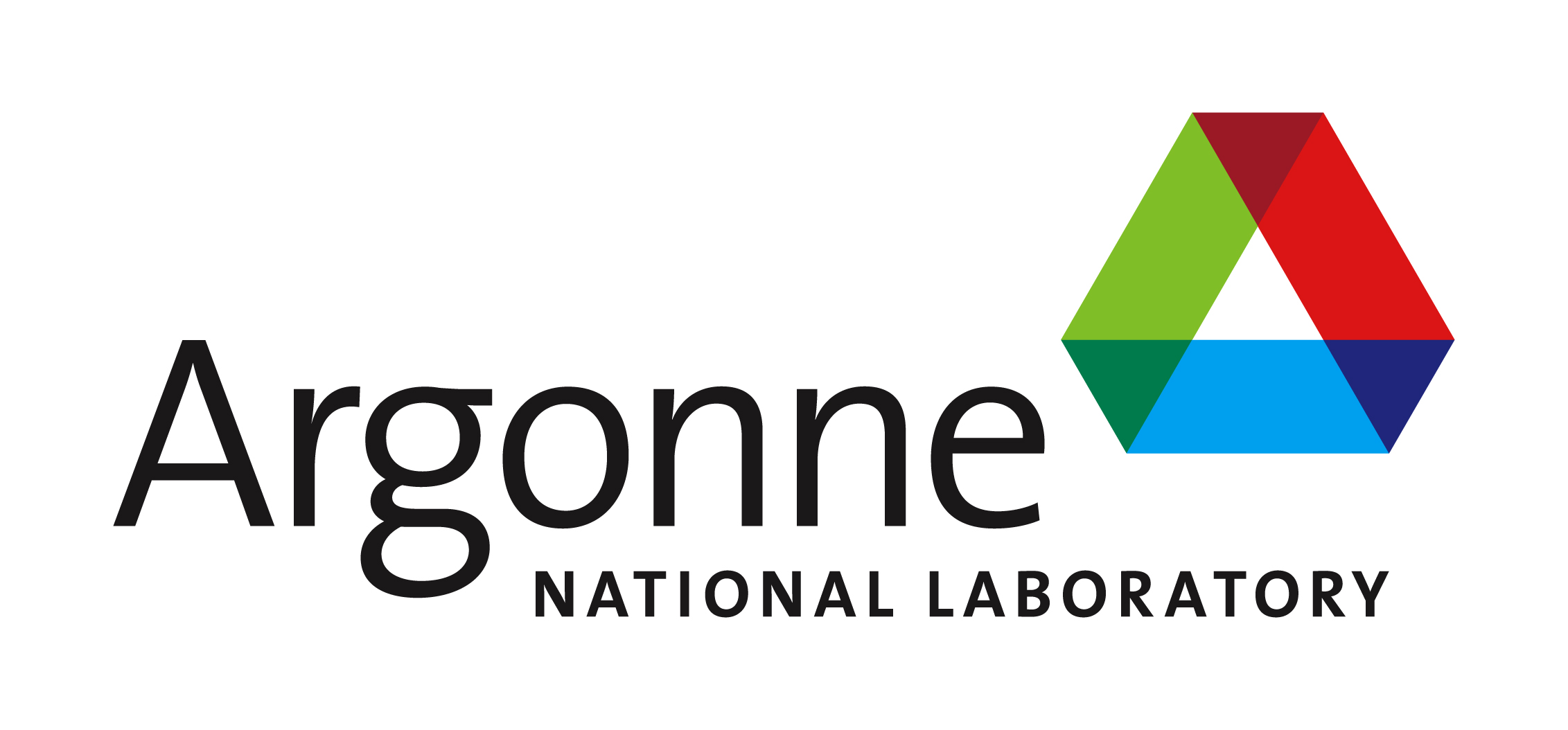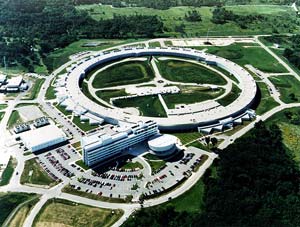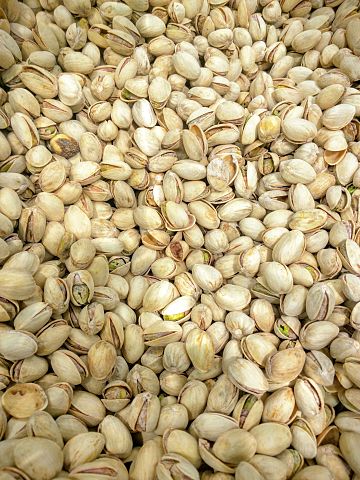
Image: Assianir
A recent pistachio recall is bringing Salmonella and other foodborne illnesses back into the national spotlight. The popularity of the in-shell pistachio brands recalled paired with the long shelf-life of the nut has health experts concerned for the potential of the foodborne illness to spread rapidly. Many are again asking: how can we better control food safety?
Shin Horikawa and his team at Auburn University believe their novel biosensor technology could resolve many of the current issues surrounding the spread of foodborne illnesses. As the principal scientist for a concept hand-picked for the FDA’s Food Safety Challenge, Horikawa is looking to make pathogen detection faster, more specific, and cheaper.
Faster, cheaper, smarter
“The current technology to detect Salmonella takes a really long time, from a few days to weeks. Our first priority is to shorten this detection time. That’s why we came up with a biosensor-based detection method,” Horikawa, Postdoctoral researcher at Auburn University and member of ECS, says.
Horikawa and his team’s concept revolves around the placement of a tiny biosensor—a sensor so small that it’s nearly invisible to the human eye—on the surface of fresh fruits and vegetables to detect the presence of pathogenic organisms such as Salmonella. This on-site, robust detection method utilizes magnetoelastic (ME) materials that can change their shape when a magnetic field is applied. The materials respond differently to each magnetic field, changing their shapes accordingly. This allows the researchers to detect if a specific pathogen—such as Salmonella—has attached to the biosensor.


